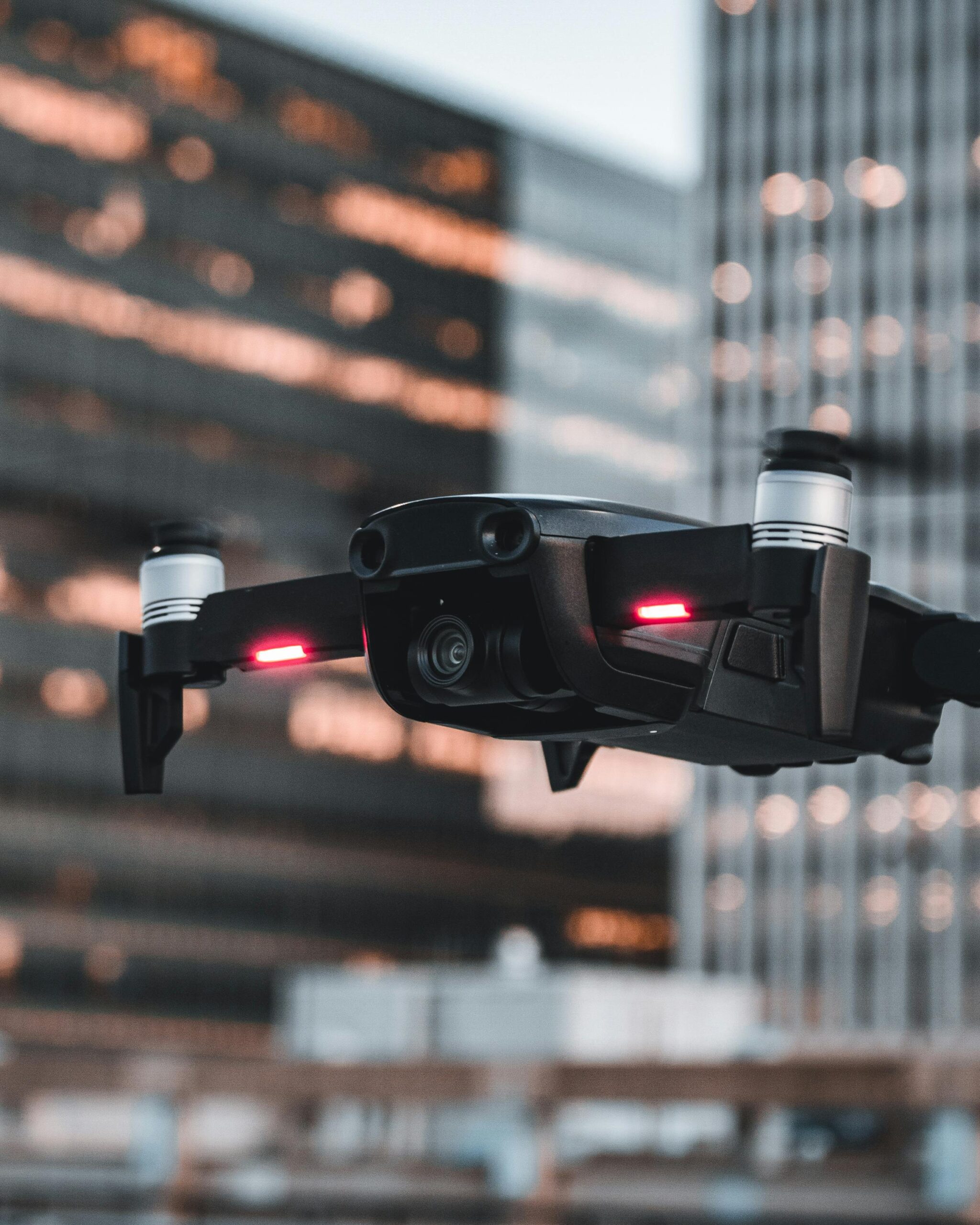🔼 Fundamental Concepts for Drone Flying
💡 Drone Flying Examples and Metaphors
📚 Related Themes in Drone Flying
🧪 Drone Flying Tests and Simulations
🧑✈️ How Real-World Drone Pilots Train for Professional Uses
📚 Drone Applications in Space Exploration and Military Uses
🚚 Drones in Logistics and Delivery
🛸 Overview of the DJI Drone Line: Mini, Avata, Mavic 3, and More
1. Drones in Space Exploration 🚀
🛸 Planetary Exploration Drones
In recent years, drones have been developed for use in space exploration, particularly on other planets and moons. These drones are designed to operate in extreme environments where humans or traditional rovers struggle to go.
🌍 Ingenuity Mars Helicopter
NASA’s Ingenuity, a drone-like helicopter, made history in 2021 by being the first aircraft to perform powered flight on another planet—Mars! Here’s how it works:
- Flight in Thin Atmosphere: Mars has a much thinner atmosphere than Earth (1% of Earth’s density), which made flying extremely challenging. Ingenuity’s blades rotate at about 2,400 RPM—about five times faster than Earth-based helicopters—to generate enough lift.
- Autonomous Flying: Because Mars is so far away, real-time remote control isn’t possible. Instead, Ingenuity uses autonomous navigation, relying on pre-programmed flight paths and onboard sensors to make adjustments.
- Support for Rovers: Ingenuity helps Mars rovers like Perseverance by scouting ahead and mapping difficult terrain. Its ability to fly over rocky areas allows scientists to identify promising spots for exploration, which would be hard to access by rover alone.
🌕 Future Drone Missions
Space agencies are developing drones for other planetary and moon exploration missions:
- Titan Drones: NASA’s Dragonfly mission (planned for 2027) aims to send a drone to Titan, Saturn’s largest moon. Titan’s thick atmosphere and low gravity make it ideal for drone-based exploration. Dragonfly will search for signs of life and study the moon’s organic chemistry.
- Venus Aerial Platforms: NASA and the European Space Agency (ESA) are considering using drone-like aerial platforms for exploring Venus, where thick clouds and extreme temperatures make it difficult for rovers to function. Drones could hover high in the atmosphere and capture data on the planet’s climate and surface.
